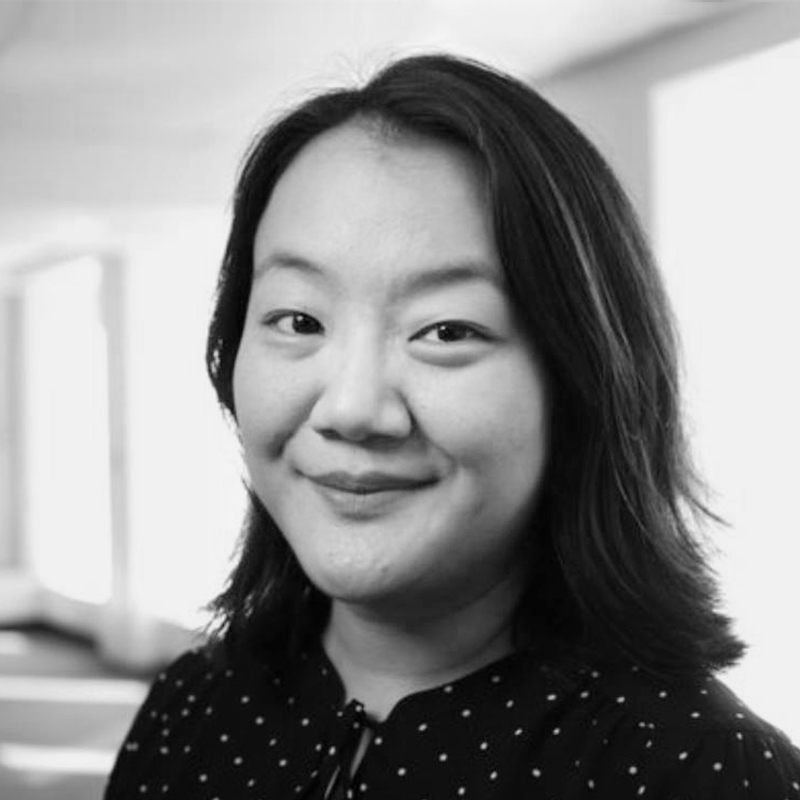‘Our Planet’
David Attenborough’s documentary series premiered in April on Netflix, and that fact alone impressed Vaz.
“The BBC had built him and he built the BBC. For him to switch to Netflix -- a platform that can take this content to 150 million influencers around the world -- is pretty telling,” Vaz says. “For the first time, you can actually get your ideas and your message to a worldwide audience.”
Vaz, who recently attended a dinner with Attenborough, says the subject of the series, conservation and the human impact on the environment and its living creatures, was equally fascinating.
“I think what he was highlighting is the irreversible change to the planet,” he says. “In one of the conversations I had with him, he said ‘Of course, technology and innovation and progress have essentially been the root cause of this.’”
But it seems to Vaz that there are two camps in conservation philosophy. One camp says to stop harming the environment and turn back the clock, but Vaz doesn’t think this is feasible.
“In the other camp, we seem to make the comparison that technology is the root cause but it has no room to play in a positive evolution of this,” he says. “From my perspective, technology is part of the problem but it also has to be part of the solution.”
Vaz is inspired by the company Loop Industries, a reusable-packaging startup. “Loop is a technological solution to create a closed loop and a virtuous cycle in the context of consumption around plastic,” he says. “They’re starting to figure out how companies can not only distribute, but collect, recycle and be accountable for driving the reuse model.”










